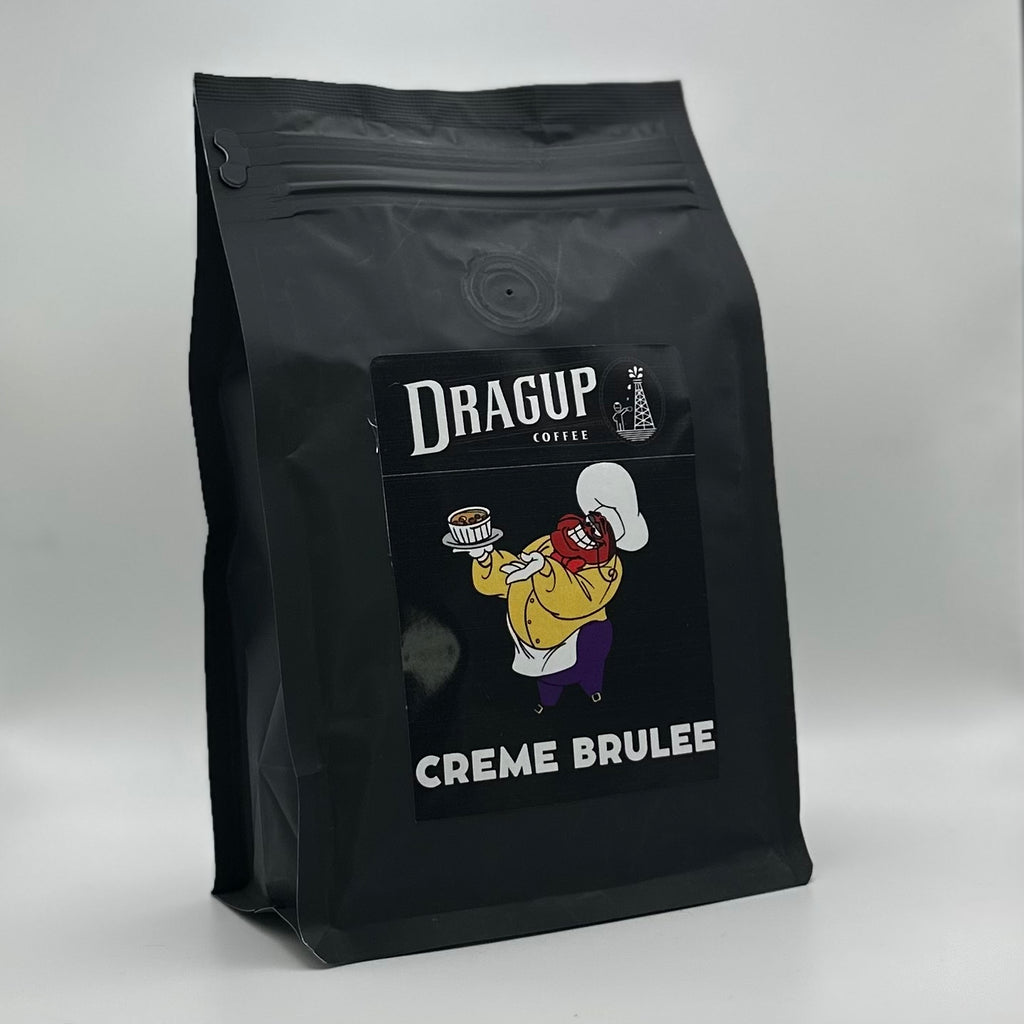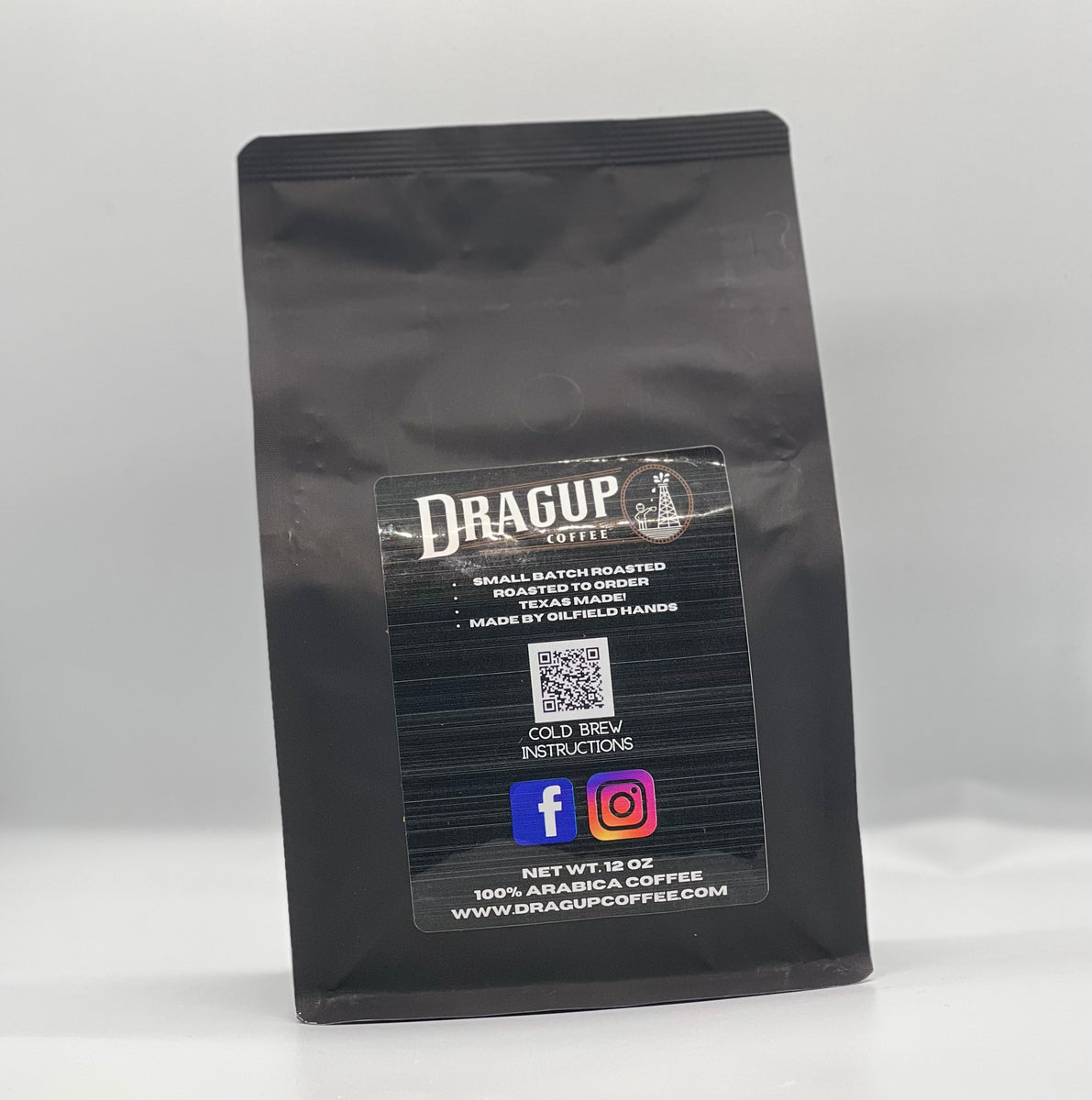Is the simple act of enjoying your morning coffee slowly becoming a lost art? In a world obsessed with speed and efficiency, we're often guilty of "drag up coffee" rushing through our daily ritual without truly savoring the moment. This piece will explore the subtle nuances of this trend, examining its impact on our daily lives and exploring ways we can reclaim the simple pleasure of a well-crafted cup.
The term "drag up coffee" encapsulates a modern phenomenon: the hurried consumption of coffee, often as a means to an end rather than an experience in itself. It speaks to a culture of relentless activity where the pause for a coffee break, a moment of mindful enjoyment, is often sacrificed at the altar of productivity. This contrasts sharply with the more deliberate coffee rituals of the past, where coffee was brewed with care, shared with friends, and savored slowly. We often find ourselves grabbing a pre-made coffee, gulping it down while racing to the next appointment, or barely registering the flavor before the caffeine kicks in. The essence of coffee, its aroma, its complex flavors, the simple pleasure it brings, is often lost in this haste. The concept is widespread, and its effects are subtle, yet pervasive.
This article delves into this trend of drag up coffee, examining its root causes, the psychological impact, and potential solutions to help us appreciate this everyday ritual. We will explore the origins of this practice and the contributing factors, such as the demands of modern life, the prevalence of convenience-oriented consumption, and the impact of technological distractions. Moreover, well investigate the psychological consequences of rushing through our coffee breaks, highlighting how this hurried approach can impact our stress levels, focus, and overall sense of well-being. We'll also examine how to reclaim the pleasure of coffee, and explore the benefits of slowing down and appreciating the simple act of drinking coffee. Furthermore, it discusses how to create a more mindful coffee experience, suggesting practical strategies for brewing, enjoying, and incorporating coffee into our daily routines. We will also consider the broader implications of this trend, discussing its relevance to concepts such as mindfulness, self-care, and the importance of slowing down in a fast-paced world.
While the precise origin of the phrase "drag up coffee" isn't easily pinpointed to a single source, its rise is intrinsically linked to the acceleration of daily life. The increasing demands of work, the constant connectivity fostered by technology, and the pervasive pressure to be productive at all times have all contributed to this accelerated consumption pattern. Consider the typical morning routine: the frantic rush to get ready, the commute to work, the immediate immersion in emails and deadlines. In such a context, the morning coffee often becomes a mere fuel source, a means to an end the end being increased alertness and productivity.
This stands in stark contrast to the slower pace of coffee traditions of the past. In many cultures, coffee brewing and consumption were elaborate rituals, social occasions that encouraged relaxation and connection. The act of grinding beans, carefully measuring water, and patiently waiting for the brew to drip or steep was as important as the coffee itself. Coffee houses served as gathering places, fostering conversation and community. Today, this culture of mindful coffee consumption has been increasingly challenged by the convenience of instant coffee, fast-food coffee chains, and the rise of espresso-based drinks designed for rapid consumption. The focus has shifted from enjoyment to speed.
The psychological impact of "drag up coffee" is more profound than we might realize. When we rush through our coffee breaks, we deny ourselves a crucial opportunity for a mental reset. The simple act of savoring a cup of coffee provides a few minutes of quiet, a chance to be present in the moment. This mindful pause can help reduce stress, improve focus, and enhance overall well-being. Conversely, when we consume coffee quickly and thoughtlessly, we miss out on these benefits. We remain in a state of heightened alertness, adding to our already overburdened nervous systems.
Moreover, rushing through our coffee can reinforce the notion that our time is always scarce, that we must constantly strive to be more efficient. This mindset can extend to other areas of our lives, creating a cycle of stress and anxiety. It prevents us from fully appreciating the simple pleasures that enrich our daily experience.
The convenience-driven coffee culture has played a significant role in promoting "drag up coffee". The widespread availability of drive-through coffee shops, pre-made coffee drinks, and single-serve coffee machines caters to the need for speed and efficiency. These options certainly offer practicality, but they often come at the expense of quality and experience. These quick coffee fixes contribute to the habit of rushing and gulping down our drinks, a trend that has been exacerbated by the rise of portable coffee cups and the growing trend of drinking coffee while multitasking.
However, there is a growing counter-movement seeking to restore the appreciation for coffee. This movement values quality over quantity, and the importance of mindful enjoyment. Coffee enthusiasts are increasingly interested in the origins of their beans, the roasting process, and the brewing methods. Artisan coffee shops are flourishing, offering carefully crafted drinks and creating spaces for mindful coffee consumption. These developments reflect a longing for slower, more deliberate experiences in a world of constant movement.
Reclaiming the pleasure of coffee requires a conscious effort to slow down and appreciate the moment. Here are some strategies to incorporate into your daily routine:
- Brew Coffee with Care: Take the time to grind your own beans, measure the water precisely, and use a method such as pour-over or French press. This process itself is meditative, promoting a sense of presence.
- Create a Dedicated Coffee Break: Set aside a specific time each day for your coffee, free from distractions like work emails or social media.
- Engage Your Senses: Pay attention to the aroma of the coffee, the texture of the cup, and the taste of each sip.
- Practice Mindfulness: Focus on your breath, the sensation of the warmth of the cup in your hands, and the present moment.
- Choose Quality Over Convenience: Opt for higher-quality beans, and consider visiting local coffee shops that prioritize craftsmanship.
- Share Your Coffee: Invite friends or family to join you for coffee, creating a sense of community and encouraging shared appreciation.
The concept of drag up coffee also ties into broader themes of mindfulness and self-care. In a world where we are constantly bombarded with information and expectations, taking time to care for ourselves becomes increasingly important. Mindful practices like savoring our coffee can cultivate self-awareness, helping us to identify and address our needs. Its a reminder that prioritizing our well-being can lead to a more balanced and fulfilling life. Coffee, often seen as a stimulant, can ironically become a catalyst for tranquility.
The broader implications of drag up coffee extend to the issue of slowing down in general. The concept encourages the idea that we have a right to these simple moments. It reminds us that we are not machines and that it's okay to take a break and enjoy the process of life. By being mindful, we not only enhance our enjoyment of coffee but also foster a greater appreciation for the everyday moments that make up our lives. It encourages us to savor other experiences, from a leisurely walk to a conversation with a friend. The trend of rushing through our coffee is a symbol of our fast-paced existence and a reminder of the value of slowing down.
The future of coffee culture is likely to be shaped by the ongoing tension between convenience and quality. While quick and easy coffee options will likely continue to be available, a growing number of people are rediscovering the pleasure of a well-made cup and the value of a mindful experience. This trend is leading to a resurgence of artisan coffee shops, coffee-making workshops, and the broader cultural embrace of slow living. The movement will likely increase the focus on the origins of coffee beans, sustainable practices, and the craftsmanship of the coffee-making process. It represents a shift towards a more conscious and intentional way of consuming this cherished beverage.
In conclusion, drag up coffee is a reflection of the demands and pressures of modern life, a symbol of a culture that often prioritizes speed over experience. It encourages reflection on how we approach our daily routines and encourages us to pause and savour the simple pleasures that make life richer. Reclaiming the pleasure of coffee involves slowing down, embracing mindfulness, and appreciating the simple act of enjoying a well-brewed cup. As the world becomes increasingly fast-paced, this small act of rebellion will become more important.
This is about reclaiming the simple pleasures of life in an increasingly chaotic world. Its a call to cultivate mindfulness, appreciate the present moment, and rediscover the joy of savoring a well-crafted cup of coffee.


